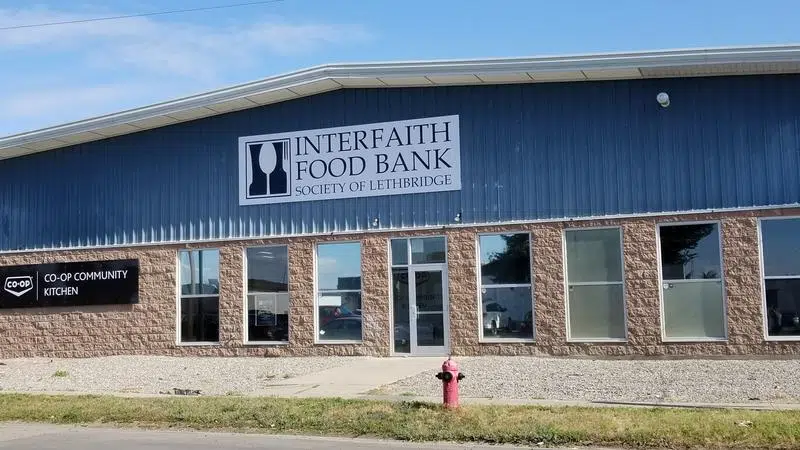
Food bank use up in Lethbridge for seniors & single adults
LETHBRIDGE, AB – The Interfaith Food Bank, in partnership with Food Banks Canada, has released the findings of their 2019 Hunger Count.
It looks at how many Canadians are accessing food banks, the root causes of why people are needing to access them, and what they feel should be done about it.
In the image below, the column on the right, labeled “Interfaith March 2019” shows the numbers for the Lethbridge Interfaith Food Bank (IFB), but does not include information from the Lethbridge Food Bank (LFB), the ULSU Food Bank, or the LCSA Food Bank.
 Findings of the 2019 Hunger Count. (Supplied by Food Banks Canada)
Findings of the 2019 Hunger Count. (Supplied by Food Banks Canada)

